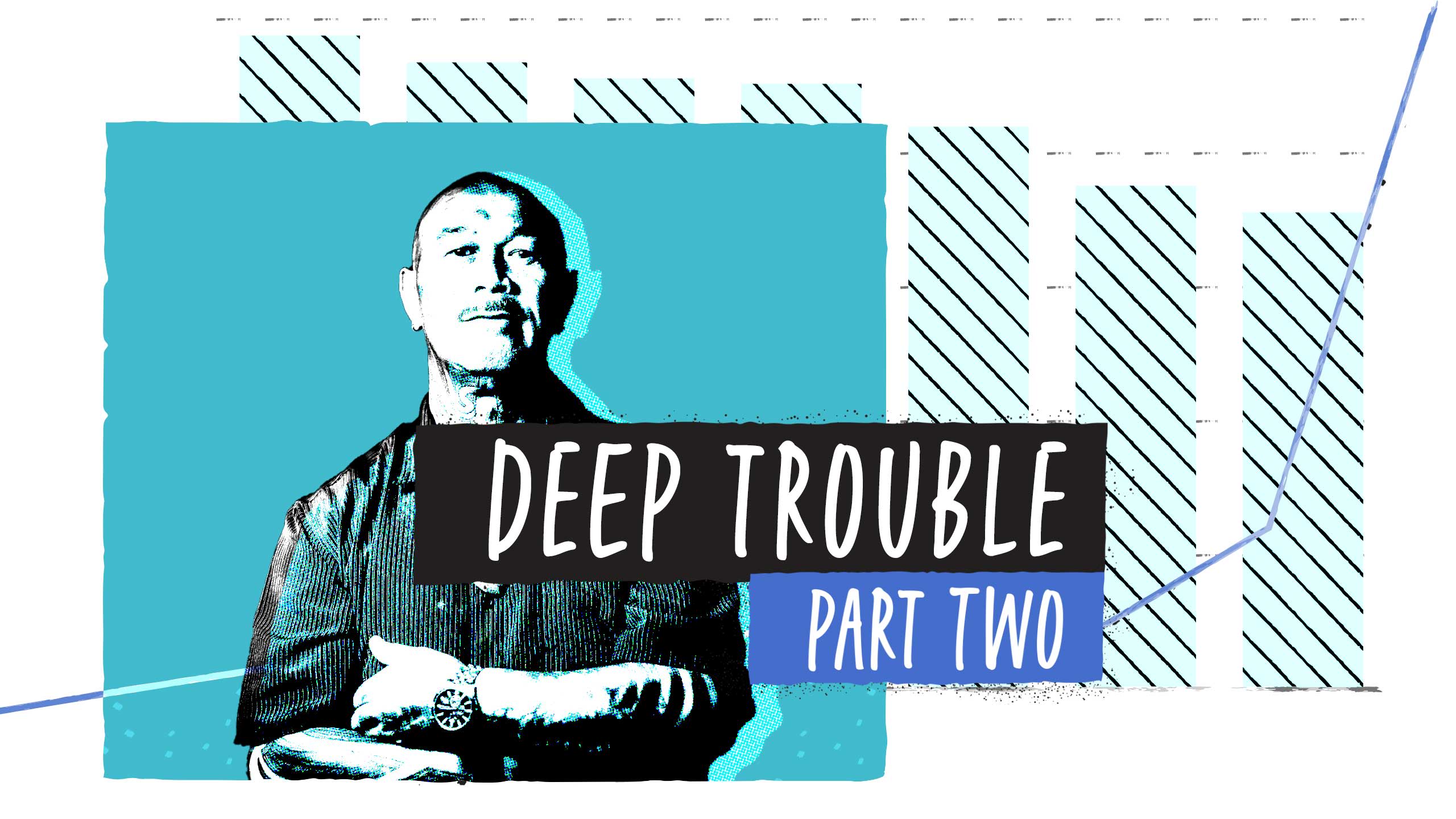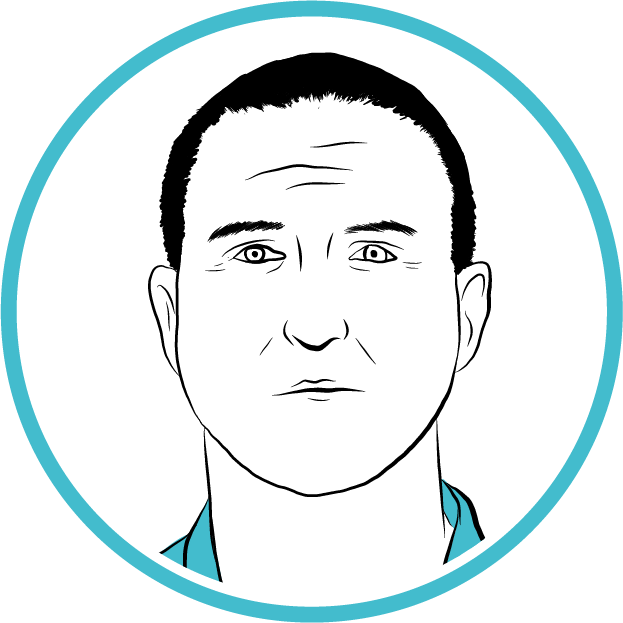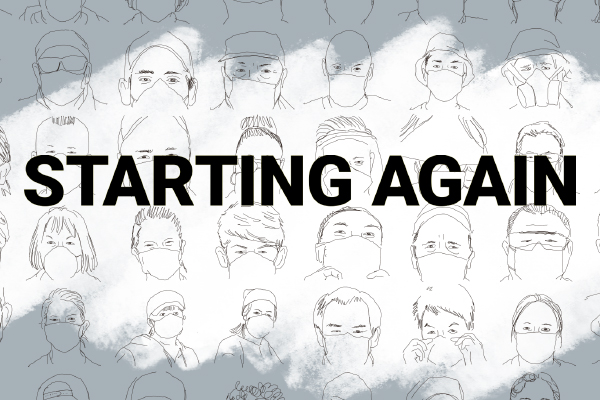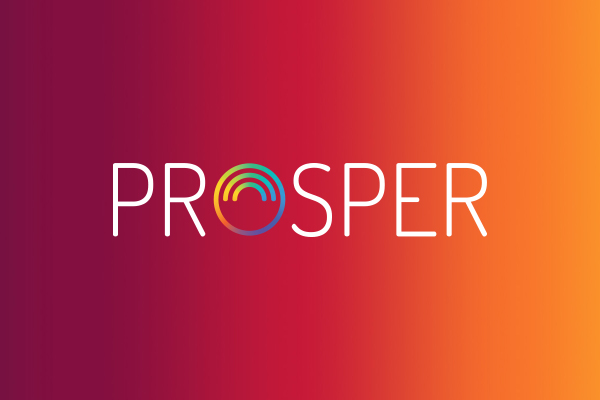

Andy Fyers
Senior Data Journalist

Felippe Rodrigues
Data Reporter

Carmen Parahi
National Correspondent

Steve Kilgallon
National Correspondent

Lawrence Smith
Visual Journalist
Trustworthy, accurate and reliable news stories are more important now than ever. Support our newsrooms by making a contribution.
Contribute Now

Half the interior of the clubrooms of the City Rugby Club, in the Whangarei suburb of Otangarei, is filled with stacks of cardboard boxes stamped with the Ministry of Social Development’s logo.
About 15,000 have been dispatched from here, filled with either food or hygiene products, to families across the north by the Te Hau Āwhiowhio ō Otangarei trust. Fortunately, the trust’s chief executive, Martin Kaipo, is also the rugby club president. Kaipo wears many hats in a community he knows intimately.
Otangarei, a couple of kilometres from the city centre, is a suburb of low-slung, pastel-coloured houses, almost half of them owned by the state.
The trust’s head office sits in the main parade of shops. From the doorway, operations manager Janine Kaipo (Martin’s wife) eyes up two young men doing a burnout outside. “Just testing they’ve got enough tread on the tyres,” she says wryly.

Janine and Martin Kaipo
Janine and Martin Kaipo
When we wander outside, a couple of Black Power members give Martin Kaipo what Paddington Bear would call a hard stare. Completely unaffected, he returns the glance, and saunters on. “See, just like Once Were Warriors,” he says drily.
Kaipo points around at the various buildings the trust now leases, and those he has ambitions for. With 50 staff, he says they are the biggest employers in the suburb.
A majority of his staff were unemployed when he recruited them. Some were gang members, whom he told to “to relinquish their past”.
“There’s a choice: you can be a servant to the trust, or a servant of your cause.”
Kaipo himself did the same, many years ago. He was a Black Power chapter president who quit when his brother was convicted of murder. He’s been shot at and had arson attacks but is entirely unbothered by it, and has built the trust up over almost three decades to provide a range of social services to his community, while also studying for bachelor’s and master’s degrees.
A deep recession would affect Otangarei’s people more than most. Compared with the rest of the country, more people here live in state houses, have a lower level of formal education, are in single-parent homes, or have manual jobs.
At the 2018 census, only 7 per cent of residents had a personal income over $50,000 - against over 31.5 per cent nationally. At the same census, 22.1 per cent of people were unemployed against a national figure of 5.8 per cent.
Māori unemployment will almost certainly end up at double the national rate. Four out of five people in Otangarei are Māori.

This is a community that knows the raw impact of widespread joblessness. As the unemployment crisis created by Covid-19 develops, more communities will come to know the hardship that’s familiar to places like Otangarei. And the struggle for people in places like Otangarei will become greater.
But Janine and Martin Kaipo aren’t afraid of the future.
“I don’t see doom and gloom,” Janine Kaipo says.
“I think this is one time our resilience will come into play and we will help people move. I think new jobs will be created and the Kiwi ingenuity will kick in.”
“I am actually excited. I am not thinking ‘poor old New Zealand’. I think we will turn on a dime and be very resilient.”

Where will unemployment bite down hardest? The Government’s Covid-19 wage subsidy scheme, which has so far paid out $11b to 390,000 employers who lost at least 30 per cent of their revenue, gives some clues.
At least half of all jobs in the country were supported by the subsidy, but a Stuff analysis zeroes in on the industries where uptake was highest.
Ninety-seven per cent of jobs in rental, hiring, and real estate services, an industry that includes car rental companies and real estate agencies, received the 12-week subsidy.
Over 50,000 jobs in this industry were affected by the circulation of people coming to a halt and the rent protections that were put in place.
Employers in this group that have already announced job cuts include Jucy car and campervan hire (52 redundancies) and Tourism Holdings (proposed 140 redundancies).
Companies that received the subsidy but have not so far publicly announced redundancies include: Apex Car Rentals (received the subsidy for 208 employees), Barfoot & Thompson (603 employees subsidised) and Bayleys Real Estate (142 employees subsidised).
The next most heavily-subscribed industry to the subsidy was wholesale trade - 93 per cent of jobs (85,000 people) in this area were supported by the subsidy.
More than half a million jobs across the construction (83 per cent of employees subsidised) and retail trade, accomodation, and food services (76 per cent) industries were supported.
Auckland-based Fletcher Building, the largest construction materials supplier in New Zealand, received $67m to support 9694 jobs, second only to Air New Zealand among the companies analysed by Stuff.
Fletcher has already confirmed a 10 per cent reduction of its workforce.
Fulton Hogan, another major construction player based in Christchurch, secured $34m.
In the hospitality industry, Skycity and Millennium & Copthorne applied for subsidies for more than 4000 workers combined. Skycity has announced 900 redundancies and Millennium & Copthorne 910 job losses.
However, the majority of the employers to receive the subsidy were much smaller than the large, well-known industry leaders.
Small businesses with fewer than 20 employees make up 97 per cent of all enterprises and employ more than 30 per cent of the country's working population.
It’s perhaps unsurprising, then, that 97 per cent of all businesses who received the subsidy have fewer than 20 employees. More than half (53.7 per cent) have no staff at all - they’re ‘sole traders’ in the purest sense of the term.
Even accounting for the differences in scale, businesses with fewer than 20 employees received 54 per cent of the $11b paid out.
Many of these small enterprises will be staring at unemployment in the immediate future.
Dr William Cochrane, an expert in demographics and economic analysis at the University of Waikato, says construction stands a decent chance of bouncing back given the Government has plans to invest in infrastructure projects.
Bars and restaurants, however, are more sensitive to consumer demand and the health of the economy.
“There will be less disposable income, and also a residual fear of going out because of Covid, so that industry will feel a demand side impact,” Cochrane says.

/**span.dropcap**/P/*/*erhaps the least publicised of heavily impacted industries are in the primary sector.
Further analysis of Stats NZ data by Stuff reveals that in April, jobs filled in the sector - which includes agriculture, fishery, forestry, among other industries - fell by 4.3 per cent, a contraction not seen since May 1999. This was more than double the 1.7 per cent contraction seen across all industries.
“You wouldn’t have thought the primary sector would stand out,” Cochrane says.
"Forestry [jobs] would be more vulnerable, as they might have been affected by a slow down on exports of logs and other products after the first initial impact of Covid in the March quarter.”
Workers in the primary sector make up about 4.5 per cent of the jobs filled in New Zealand, but represent almost 12 per cent of the losses so far.
Primary sector workers were 4.3 times more likely to lose their jobs than labourers in the goods producing sector and 2.4 times more likely than those in the service sector.
Silver Fern Farms, the Dunedin-based meat company, PGG Wrightson, an agribusiness conglomerate, and New Zealand King Salmon, of the Ōra King, Regal and Southern Ocean brands, are a few of the businesses that received millions of dollars in wage subsidies.

/**span.dropcap**/F/*/*irst Union president Robert Reid was made redundant twice in the late ‘80s when he was a young man. The first time was after the stock market crash and during the sweeping economic reforms of Labour’s Finance Minister Roger Douglas. Reid was working in a car factory in Wellington.
“The free trade policy of Rogernomics meant all of the car factories closed in New Zealand,” says Reid. “I took my redundancy along with the thousands of others.”
He found work in the footwear and clothing union. Two years later, all of the factories closed down and more people lost their jobs. Mass unemployment was exacerbated by a tightening of the welfare system, which made it harder for people to get benefits.
Many of those tougher rules continue, though some of the criteria has been temporarily relaxed during the Covid-19 crisis.
“The post-Covid economic situation is going to be worse than anything we have seen,” says Reid.
“The economic projections of how many people will be losing their jobs and how quickly they are losing their jobs will make this the worst economic crisis we have seen since the Great Depression between the two world wars.”
Māori economist Matt Roskruge says institutional racism will almost certainly rear its head as the redundancies pile up.
Quite often Māori staff are the first to be let go for whatever reason, he says. They’re disproportionately in more precarious work, have fewer fixed hours, and work in sectors that have been disproportionately impacted.
Māori also often have barriers to opportunities, such as fewer resources, more family commitments and less ability to travel for work.

Kaipo says people in Otangarei are resourceful and resilient - they have to be.
His trust employs three work brokers, who advocate for and find work for the long-term unemployed, with the trust providing ‘wraparound’ services to get them ready for employment: dealing with alcohol or drug dependencies, family violence issues and court orders.
Covid-19 has changed the trust’s focus.
“Our first priority was around the long-term unemployed, but now we’ve shifted our thinking and said ‘we’ve got to get these fellas who’ve been laid off back into work’,” says Kaipo.
He calls them the ‘new vulnerable’.
“The good thing about them is they’ve got a willingness to work and we can find that work. ... We have employers saying all we want is a keen worker, who can work shifts, and those types of fellas fit in straight away.”
Employers, he says, will have more choice now, and the bigger ones can afford to be ruthless - but the smaller ones, he can play on their social conscience.

/**span.dropcap**/H/*/*ow could the ‘new vulnerable’ - most of whom will not have an advocate like Kaipo at their side - be better supported?
Reid was on the Welfare Expert Advisory Group setup in May 2018 to advise the Government on the future of the social security system. Its findings were released a year later. The Government was told it would need to invest $5b a year for beneficiaries to survive.
“Our welfare system is broken,” Reid says.
“It is completely broken and can’t be tinkered with. It needs to be fixed. Our welfare system is not fit for purpose.”
He says the report with its 160-plus recommendations is a blueprint for what needs to happen now to support the country through a period of high unemployment.
Reid has a shorter shopping list for a post-Covid recovery:
Roskruge, meanwhile, reckons some iwi are well-positioned to invest in high growth opportunities that are currently going cheap.
“Māori companies tend to carry less debt. So there are some opportunities for the Māori economy to pick up some bargains, diversify and be well-positioned for when things inevitably get better.”
He says in the tech industry giant firms such as Google, Facebook and others are picking up a lot of cheap technology companies.
“For Covid-19, you’re really looking for pre-existing wealth or where there is capacity to borrow. There’s bargains to be had and some iwi are in excellent positions to take advantage of those bargains.”
While some iwi are in a strong financial position, Māori as a population are not.
Many iwi and social service organisations, like the Otangarei Trust, led the welfare response in their communities during lockdown and will continue to as the recession deepens.
The cruel thing about economic shocks, Roskruge says, is those who have got cash can use it to make more. People who find themselves in a more precarious position, on the other hand, become worse off.
“It tends to be quite cruel in these recessions. The recovery rewards people with resources to invest in the recovery.”
Both Reid and Roskruge agree it’s time for a change of perspective on the unemployed.
During its work on the welfare system, the advisory group learned about the technically complicated Non Acceleration Inflation Rate of Unemployment or NAIRU. Simply, it's an optimal unemployment rate that helps with a natural job flow in and out of the system, Reid explains.
“What really annoyed me was people who were unemployed were being told it was their fault for being unemployed but our economy requires there to be unemployment,” Reid says.
"If the goal of the economic part of the government, Treasury and the Reserve Bank, is to have around about 4-5 per cent unemployment, why is the government and community being so mean then to people who are unemployed?
“In fact we should be giving them medals because they're helping the economy. But instead, over the years we’ve been taking more and more away from them. Until basically they simply cannot survive.”

Just a job would do Mikaere*. Any job.
The tall, good-looking 16-year-old is along for the ride with Otangarei Trust youth worker Tommy Wihongi, who is delivering hygiene packs to families on the trust’s database.
Mikaere is effectively in Wihongi’s care, part of a mentorship scheme for youth on bail. He’s due back in court on Thursday, when he will petition to be allowed to move to Auckland.
Mikaere, who would like to become a youth worker like Wihongi because “I would understand everything they are going through, because I’ve been through it too,” can’t see much future for himself in Whangarei.
He’s been in state care since he was two, and over the last five years, never in the same place more than six months.
“His family doesn’t want him,” says Wihongi. “My family don’t want me,” echoes Mikaere.
Earlier, a man in a Black Power T-shirt had driven, stony-faced, past us as we did the deliveries. “My uncle,” said Mikaere.
He’s a nice kid. He’s clearly got the odds stacked against him. And Wihongi desperately wants the best for a kid he says has so much potential. “We tend to fall for these young fellas,” he says.
Very few of the young men he works with are in stable home situations, says Wihongi.
“People like to judge young people on face value, but you need to get to know the young person and see what they’ve had to deal with in their life to get some understanding.”
If he’s allowed to go to Auckland, Mikaere wants to work.
“It doesn’t have to be any particular kind of job,” he says.
“Just something that will put dinner on the table for me and my partner, so I don’t wake up in the morning knowing I am going to be hungry today.”
* Mikaere is a pseudonym, used for legal reasons
Reporters
Steve Kilgallon, Felippe Rodrigues, Carmen Parahi and Andy Fyers
Visuals
Lawrence Smith
Illustration and Layout
Sungmi Kim
Editor
John Hartevelt
Become a Stuff supporter today for as little as $1 to help our local news teams bring you reliable, independent news you can trust.
Contribute Now
Featured illustration's vector brush by GraphicsFuel








